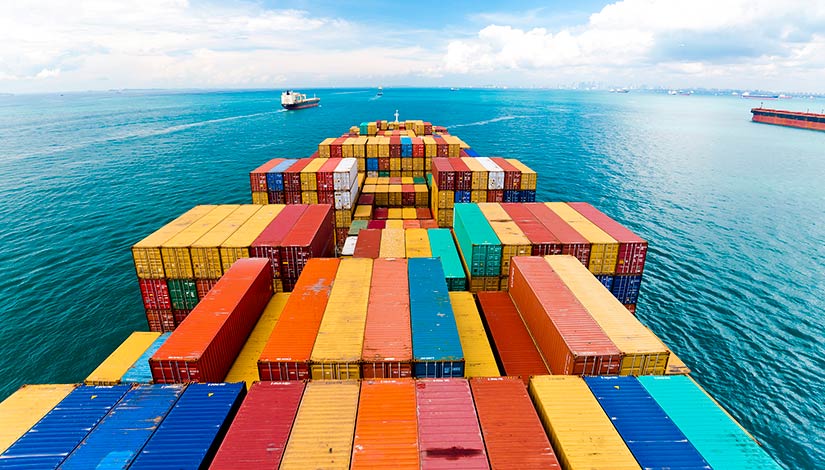Marine Fuels Research
NLR's marine fuels research focuses on understanding fuel quality issues, such as stability and compatibility, particularly in high-performance, nonpetroleum-derived fuels intended for maritime applications.

Biofuels are the most promising option for reducing sulfur oxide and nitrogen oxide emissions and other environmental impacts of maritime transportation. The low quality of current heavy fuel oil provides opportunities for more diverse solutions, including bio-distillate and methanol.
NLR measures critical properties of marine fuels. An important issue with marine fuels is precipitation of heavy hydrocarbons called asphaltenes. Bio-distillates may be insoluble in marine fuel or cause asphaltene precipitation. NLR measures precipitate formation as total sediment and also uses optical microscopy and other methods to assess fuel blend stability over extended times.
Marine Biofuels
NLR also researches biofuel options for marine applications. All biofuels have much lower sulfur than is required today for marine heavy fuel oil, and among these low-sulfur fuels, biodiesel has been used as a blend with marine fuel oil in several ship trials. Biomass pyrolysis products are also being considered for marine fuel blending. NLR is researching the stability of marine fuel-biofuel blends in terms of asphaltene precipitation, polymerization, and oxidation. Characterization of the storage projects using the fuel suite of test methods reveals potential issues or advantages of biofuels.
Publications
A Refinery Perspective on Decarbonizing Marine Biofuels, Energy & Fuels (2023)
Contact
Share
Last Updated Dec. 6, 2025
